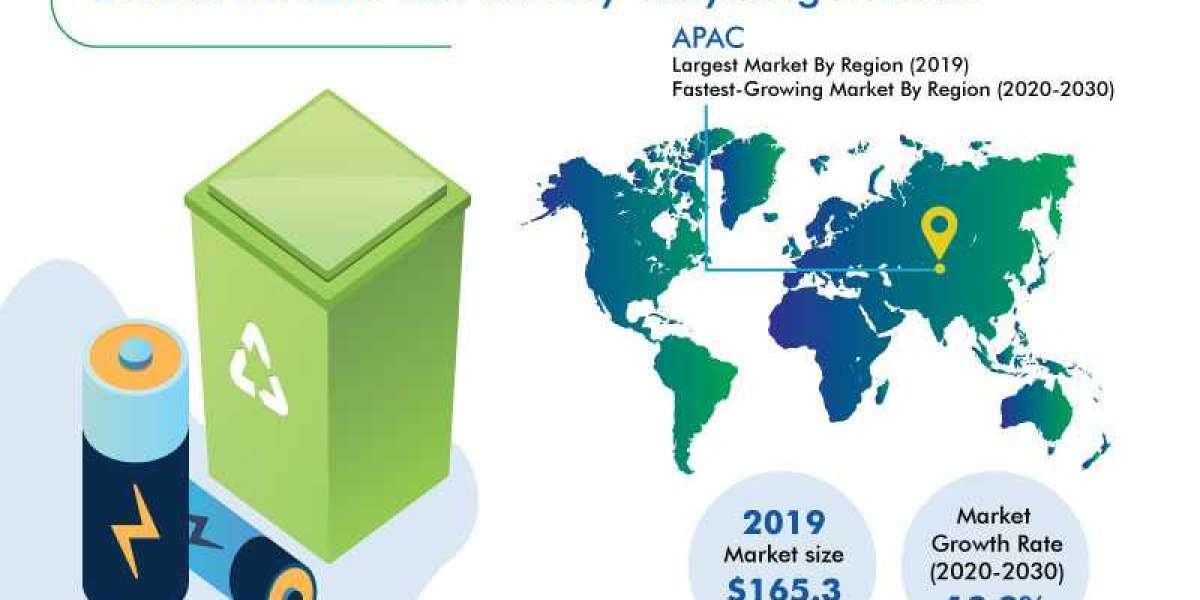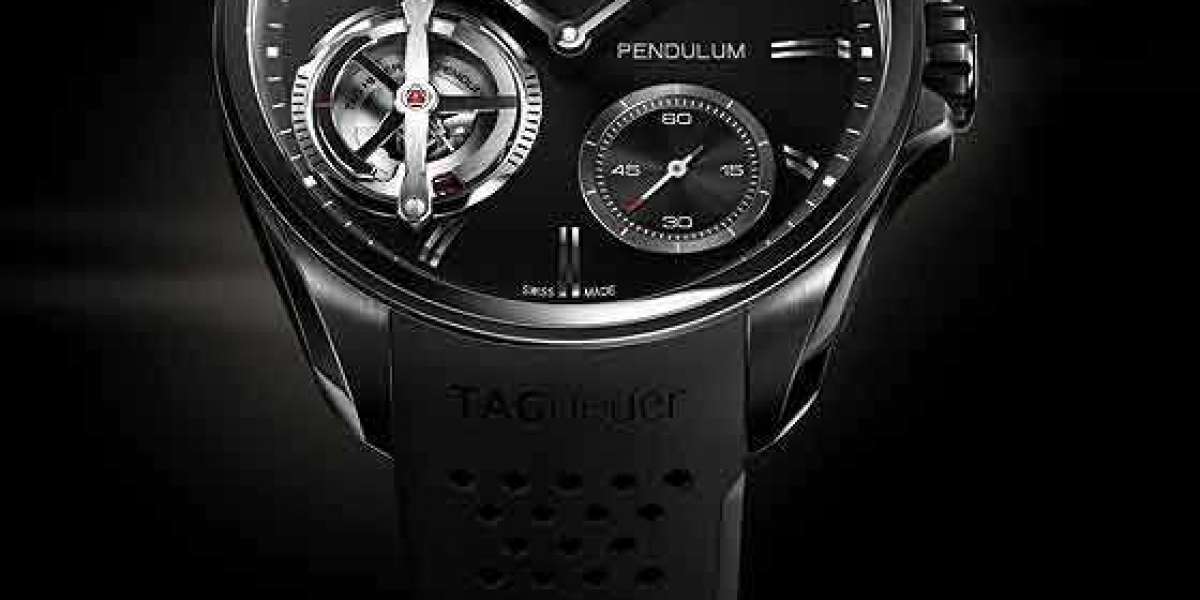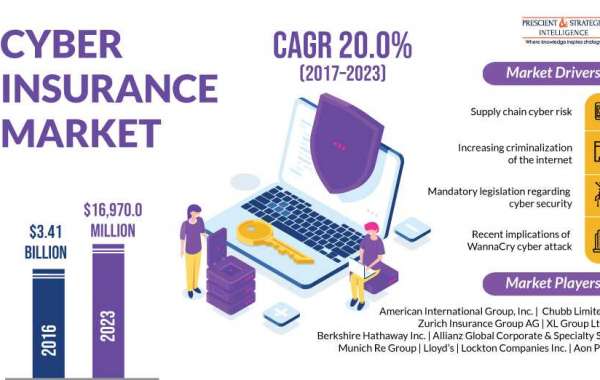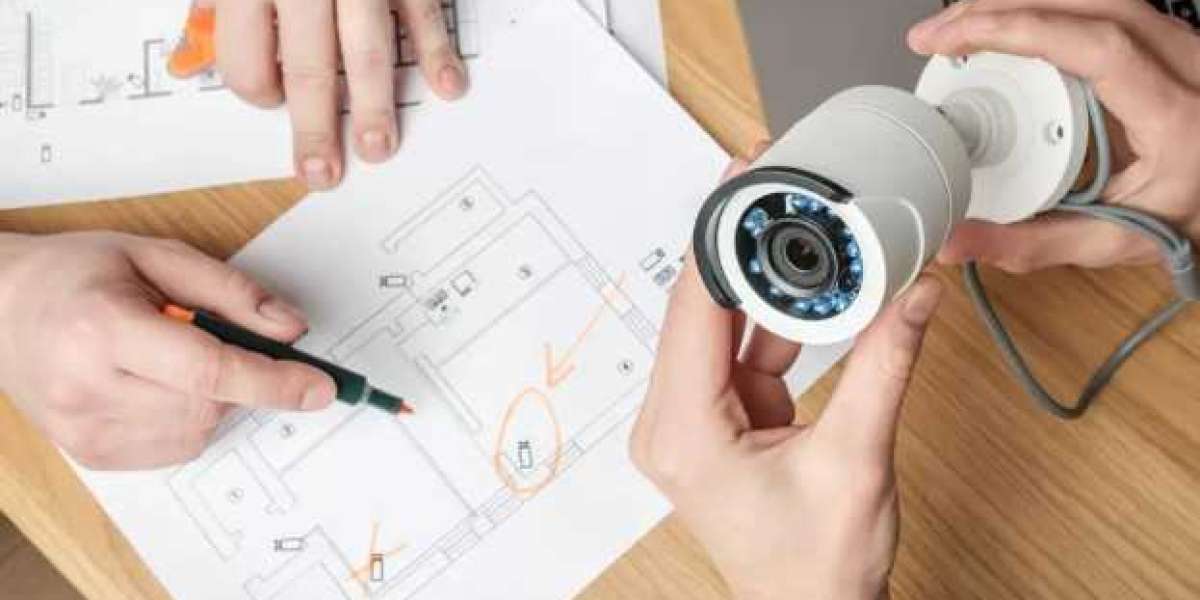As concerns regarding environmental pollution have been surging for quite some time now, the focus is widely shifting towards eco-friendly solutions. The automotive sector, much like any other sector, is working furiously to come up with solutions that can help in reducing its carbon footprints. These are the key factors resulting in the rising demand for electric vehicles all across the globe. The general public as well is getting aware and are adopting for solutions that are environment-friendly.
A major part of electric vehicles is the lithium-ion (Li-ion) batteries. The availability of the lithium metal is however limited, which can create a problem for the automotive industry in the coming years. This is resulting in the growth of the lithium-ion battery recycling market. It’s not just the limited reserves of Li that is creating problems, but the mining of Li is also having a negative impact on the environment. The mining of Li causes water pollution, as a large number of chemicals are leaked into the water supply.
Because of these factor, the need for recycling Li-ion batteries is increasing rapidly. Since, these batteries are extensively utilized in the electrical electronics sector, the growth of the sector is predicted to open up wide opportunities for companies operating in the domain. These Li-ion batteries are used in various products such as laptops, tablets, and mobile phones, and the demand for these devices has been on a rise. This is expected to lead to the growth of the market.
Get the sample copy of this report at: https://www.psmarketresearch.com/market-analysis/lithium-ion-battery-recycling-market/report-sample
The Li-ion battery recycling market generated a revenue of $165.3 million in 2019 and is predicted to advance at an 18.3% CAGR during the forecast period (2020–2030). In terms of battery type, the market is divided into lithium cobalt oxide (LCO), lithium nickel cobalt aluminum oxide, lithium iron phosphate (LFP), lithium nickel manganese cobalt oxide, and lithium-ion manganese oxide, out of which, the LCO division held the major share of the market in the past.
These energy storage devices are utilized widely in portable consumer electronics such as laptops, mobile phones, and tablets. Furthermore, LCO battery variants have several advantages including high-voltage discharge, high energy density, and a long life span, which makes them ideal for usage in the electrical electronics industry. The LFP division is predicted to register the faster growth during the forecast period, owing to the benefits of these devices such as better charging efficiency and lower weight.
The Asia-Pacific region held the major share of the Li-ion battery recycling market in 2019, as per a research conducted by PS Intelligence. A large number of battery recycling companies are present in the region, particularly in China. In addition to this, the surging popularity of electric vehicles in China, Japan, Philippines, Indonesia, and Vietnam. These factors are leading to a high demand for recycled Li-ion batteries in the region.
In conclusion, the market is being driven by the growing adoption of electric vehicles and limited reserves of Li.








